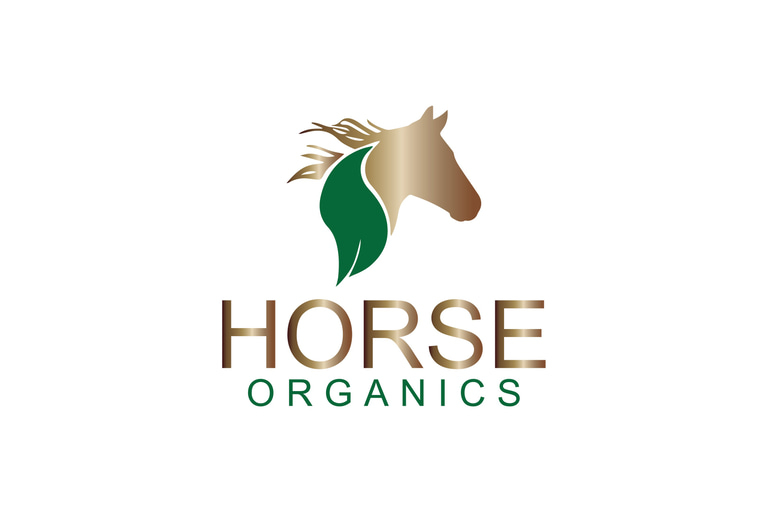“Ultimate Horse Skin Care”
“Comprehensive Horse Skin Relief”
HORSE ORGANICS.
8/7/20241 min temps de lecture
Understanding Horse Skin Eczema: Causes, Symptoms, and Treatments
Introduction Horse skin problems, such as eczema, itching, fungal infections, and mud fever, can appear for various reasons. They often start as small bumps or patches of hair loss and can worsen over time, causing discomfort. This article focuses on common skin issues in horses, their symptoms, causes, and treatments.
Common Skin Problems in Horses
Horse Itching
Causes: Parasites (mites, lice), allergies, environmental irritants, or poor nutrition.
Symptoms: Constant scratching, rubbing, bald patches, and inflamed skin.
Horse Eczema
Causes: Allergies to bedding, food, or environmental factors, stress, and hormonal imbalances.
Symptoms: Dry, flaky skin, intense itching, hair loss, and scabs.
Mane & Tail Sweet Itch (Summer Itch)
Causes: Hypersensitivity to midge bites (Culicoides spp.), especially in warmer months.
Symptoms: Severe itching of the mane and tail, hair loss, open sores, and thickened skin.
Fungal Skin Problems
Causes: Dermatophytes (ringworm) and yeast infections.
Symptoms: Circular patches of hair loss, scaly skin, and itching.
Mud Fever (Pastern Dermatitis)
Causes: Prolonged exposure to wet, muddy conditions.
Symptoms: Scabs and sores on lower legs, swelling, and crusty skin.
Symptoms and Diagnosis
Itching and Scratching: Persistent scratching, rubbing, or biting at the skin.
Redness and Inflammation: Red, swollen patches of skin.
Dry, Flaky Skin: Skin may become dry and flaky with crusts or scabs.
Hair Loss: Patches of hair loss due to itching and inflammation.
Secondary Infections: Open sores and secondary bacterial or fungal infections.
Diagnosis
Observation and Assessment: Visual examination and assessment of the skin condition.
Skin Scrapings: To check for parasites or secondary infections.
Fungal Culture: For diagnosing fungal skin problems.
Treatment and Management
Treatment
Topical Treatments
Organic Edge: A herbal-based cream that is 100% natural and free from steroids and benzyl benzoate. It complies with anti-doping rules and uses natural active ingredients to soothe inflamed skin, reduce itching, and promote healing.
Medicated Shampoos: To cleanse and calm the skin.
Moisturizers: To keep the skin hydrated and reduce flakiness.
Management
Skin Care Routine
Regular Grooming: Daily grooming to keep the coat clean and free from irritants.
Bathing: Regular bathing with appropriate shampoos to maintain skin health.
Allergen Avoidance
Environmental Control: Keeping stables clean, using hypoallergenic bedding.
Dietary Adjustments: Identifying and eliminating food allergens from the diet.
Conclusion
Horse skin problems like eczema and itching are common but manageable with early detection and proper treatment. Understanding the causes, symptoms, and treatment options helps ensure the health and comfort of horses.
